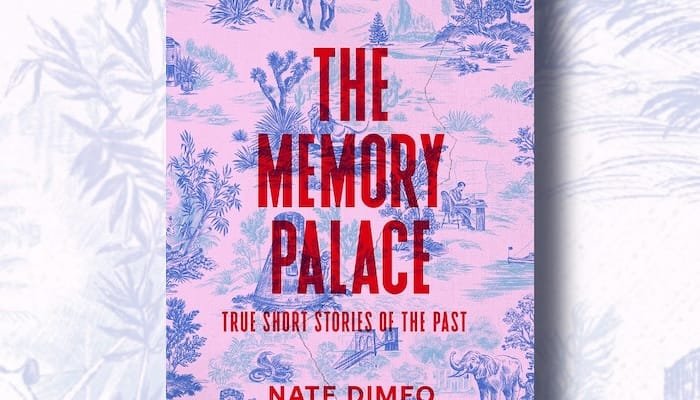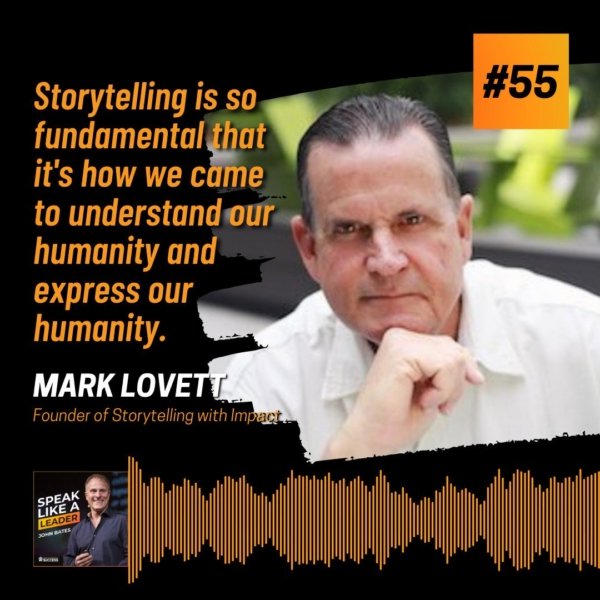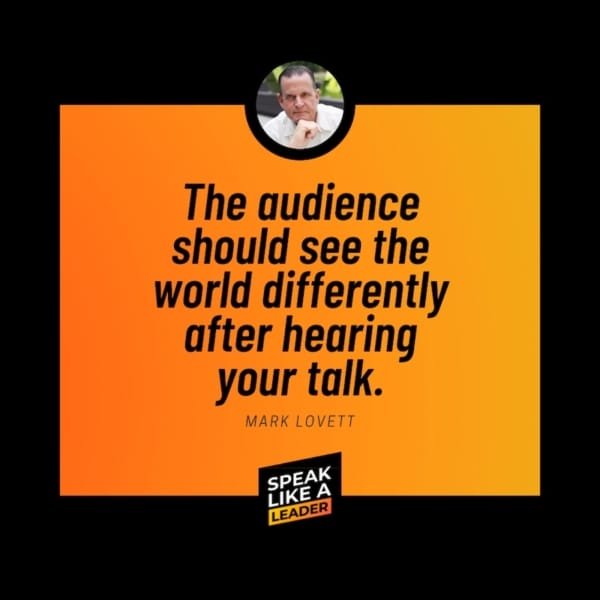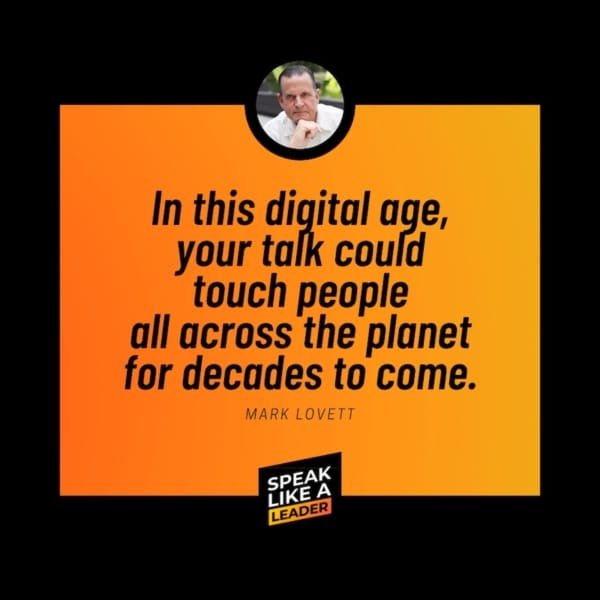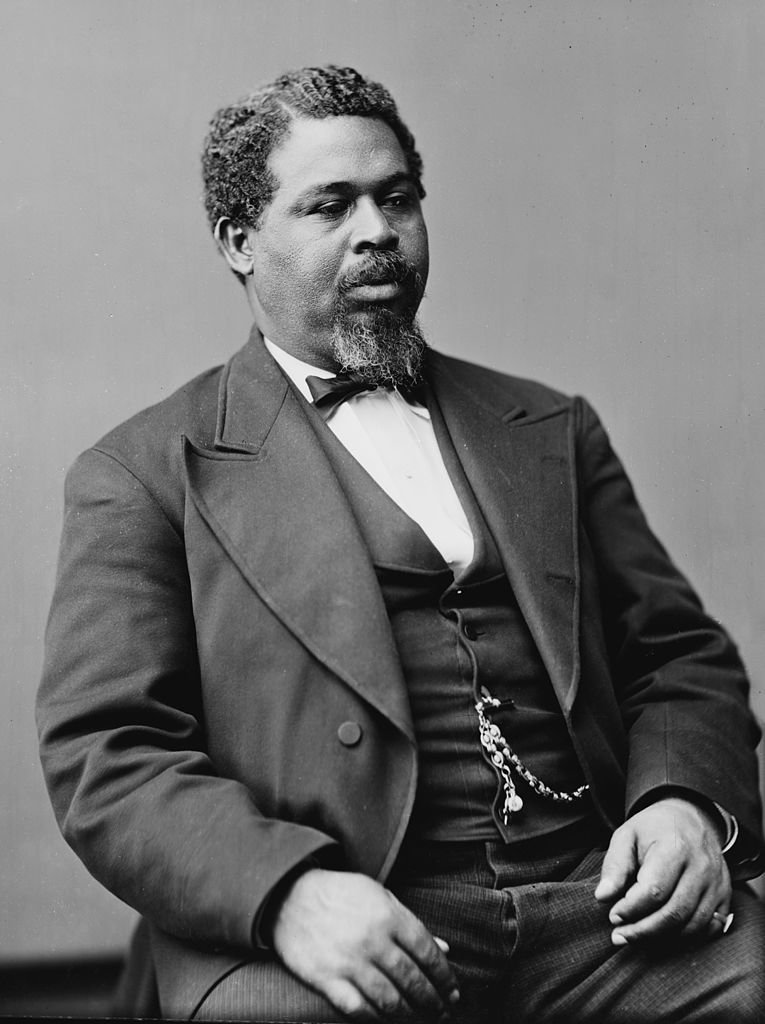Crazy Bet by Nate DiMeo @ The Memory Palace
Long time readers of this blog already know that one of my favorite storytelling podcasts is The Memory Palace, hosted by Nate DiMeo. And the exciting news is that Nate’s new book was recently released. No surprise that the book’s title is: The Memory Palace – True Short Stories of the Past (Kindle, Hardcover). I know many of you are going digital these days, but the book cover is so beautiful I’m recommending people spend a few extra bucks for an edition they can hold.
While avid listeners won’t need an explanation, those of you who are unfamiliar with Nate’s podcast could use a primer as this is an unusual style of storytelling. Not only is the narrator (Nate) not part of the story, but each episode magically condenses what could be a rather long recitation (we’re talking hours here) of someone’s life story into a few brief minutes — a thread, if you will, that leads listeners on a journey of how the person at the center of the story came to be, and how they changed the course of history. While it differs from the type of personal storytelling I typically focus on, Nate’s ability to distill people, places, and events into a compact narrative is a valuable skill we can all utilize when crafting our own story. Pay special attention to the visual nature of his prose.
So many stories stood out for me — expect a few more posts down the road — so it was hard to pick one to feature, but as I have a thing for historical spycraft (you probably didn’t know that about me) I found one episode of great interest. Spies are characters in every war, but I had never hear of Elizabeth Van Lew, so was unaware of the role she played in aiding the Union during the Civil War.
This chapter in the book spans a bit over three pages, which doesn’t sound like much space for a story, but Nate paints a compelling picture of her personality and active contribution. Elizabeth, or Crazy Bet, as the title informs us, lived in Richmond, Virginia, which became the capital of the Confederacy in spring 1861. People often said she was an odd duck, which I took to be an apt description of her basic nature, but to some extent she would exaggerate her mannerisms in order to deflect suspicion from her real mission.
And when she was twenty-five and her father died, this stange, willful woman did something that confirmed to all of Richmond society that se was indeed nuts. She freed her slaves.
Soon after the start of the war she began visiting Union POWs at Libby Prison, bringing cakes and bread and meat wrapped in cloth, and books and Bibles. Toward the end of the war, when the capital was falling, Elizabeth raised an American flag atop her house. Angry residents attempted to burn her house down, but Crazy Bet didn’t back down and forced the crowd to retreat.
There’s so much more to her story, including the fact that after Richmond fell, General Ulysses S, Grant stopped by for tea and recognized the part she played in helping win the war. As is his style, Nate provides just enough detail, allowing us to visualize Elizabeth and her visits to prison. It’s the kind of storytelling that inspires us to ask, “What else did she do during the war, and during her life?”
That’s the ideal balance to aim for when creating personal stories. Enough detail to make your point, and at the same time, inspire a sense of curiosity, to provide an invitation for listeners / readers to explore the topic further.
◆
contact me to discuss your storytelling goals!
◆
Subscribe to the newsletter for the latest updates!
Copyright Storytelling with Impact – All rights reserved

